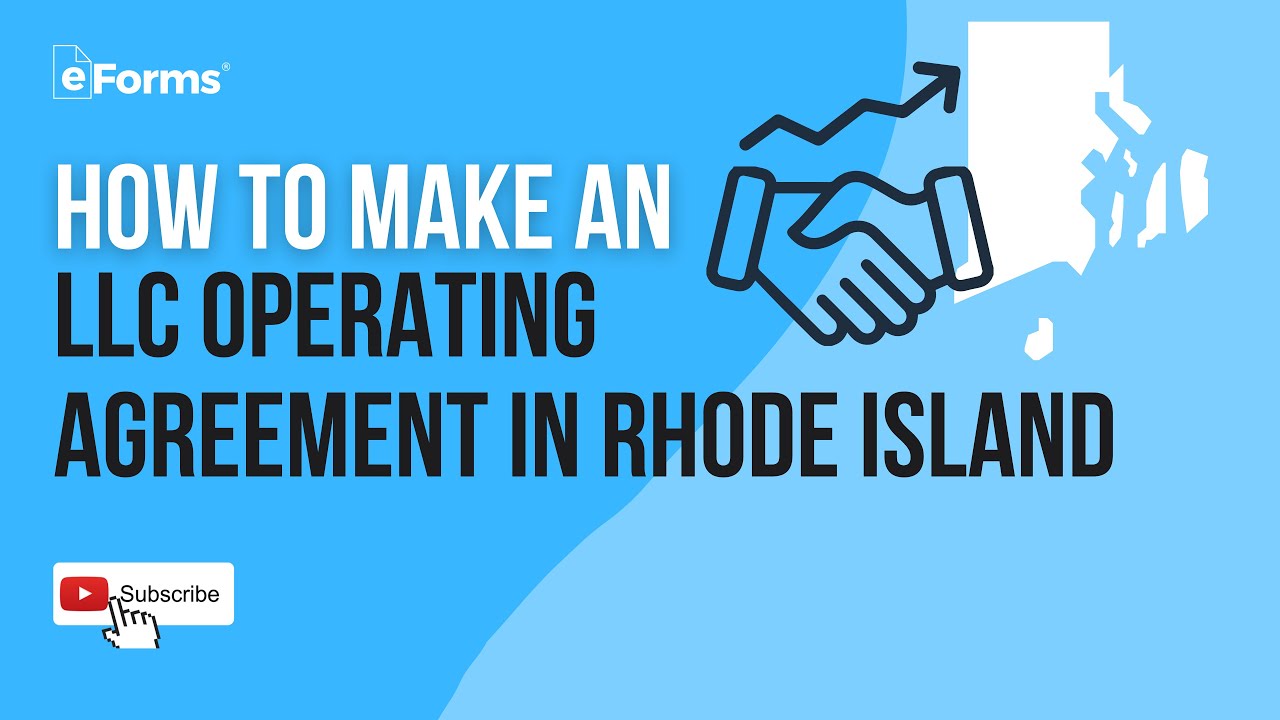Overview of Union Authorization Cards in Rhode Island
Union authorization cards, also known as union recognition cards or union representation cards, are a crucial tool in the process of organizing and forming labor unions. These cards serve as a way for employees to express their desire to join a union and collectively bargain for better working conditions, wages, and benefits. In the state of Rhode Island, the use of union authorization cards is a well-established practice in labor organizing efforts.
Legal Framework for Union Authorization Cards in Rhode Island
Rhode Island has labor laws that protect workers’ rights to organize and join labor unions. The state follows the National Labor Relations Act (NLRA), which grants employees the right to engage in activities such as forming, joining, and assisting labor organizations. This legal framework ensures that employees in Rhode Island have the freedom to express their support for a union through the use of union authorization cards.
How are Union Authorization Cards Obtained in Rhode Island?
Obtaining a union authorization card in Rhode Island typically involves a two-step process. First, a union representative or organizer reaches out to employees to explain the benefits and objectives of forming a union. If employees show interest, they are provided with union authorization cards to sign voluntarily. These cards indicate their support for union representation and their desire to collectively bargain with their employer.
Role of Union Authorization Cards in Organizing Efforts
Union authorization cards play a pivotal role in labor organizing efforts in Rhode Island. The cards act as evidence of employee support for union representation, which is crucial when seeking formal recognition from an employer or during a union election. They demonstrate that a significant number of employees are interested in forming a union, giving organizers a strong foundation to build upon.
Benefits and Limitations of Union Authorization Cards
Union authorization cards offer several benefits for employees looking to organize. By signing these cards, employees can express their support for collective bargaining, ensuring that their voices are heard by their employer. Furthermore, these cards help organizers gauge the level of interest and support among employees, guiding their organizing efforts.
However, it is important to note that union authorization cards also have limitations. Signing a card does not guarantee union representation or collective bargaining rights. The employer holds the right to challenge the validity of the cards or request a secret-ballot election to determine employee support. Additionally, employees may face resistance or intimidation from their employer when signing authorization cards.
Union Authorization Card Signing Process in Rhode Island
The process of signing a union authorization card in Rhode Island is straightforward. Employees are approached by union representatives who explain the benefits of joining a union and answer any questions. If employees decide to support the union, they are provided with an authorization card. The card contains information about the employee, the union, and their desire to be represented by the union. Employees can sign the card voluntarily, indicating their support for union representation.
Understanding the Importance of Union Authorization Cards
Union authorization cards serve as a vital tool for employees to exercise their right to join a union and collectively bargain for better working conditions. They provide a tangible way for employees to express their desire for change and advocate for their rights. Moreover, these cards help unions demonstrate a sufficient level of employee support, strengthening their position during negotiations with employers.
The Impact of Union Authorization Cards on Collective Bargaining
Union authorization cards play a significant role in the collective bargaining process. They serve as evidence of employee support and provide a foundation for negotiating with employers. Once a significant number of authorization cards have been signed, the union can petition for formal recognition from the employer. The presence of these cards showcases the unity and determination of employees, strengthening their bargaining power.
Challenges and Controversies Surrounding Union Authorization Cards
While union authorization cards are an essential tool for organizing, they are not without challenges and controversies. Employers may try to undermine organizing efforts by intimidating employees or spreading misinformation about unions. Additionally, some critics argue that the process of signing authorization cards lacks transparency and can be subject to coercion. These challenges highlight the importance of educating employees about their rights and ensuring a fair and democratic process.
Comparing Rhode Island’s Union Authorization Card Practices
When comparing Rhode Island’s union authorization card practices with other states, it is important to note that the use of these cards is generally consistent across the United States. The rights and protections provided by the NLRA apply nationwide, ensuring that employees have the freedom to express their support for a union through authorization cards. However, the specific procedures for obtaining and utilizing these cards may vary slightly from state to state based on labor laws and regulations.
Potential Future Changes in Rhode Island’s Union Authorization Card System
Rhode Island has been a strong proponent of workers’ rights and union organizing efforts. Therefore, significant changes to the state’s union authorization card system are unlikely. However, ongoing discussions and debates surrounding labor laws at the national level may impact the legal framework for union authorization cards in Rhode Island. It is essential for labor unions, employees, and policymakers to stay informed and engaged to ensure that workers’ rights continue to be protected in the state.





